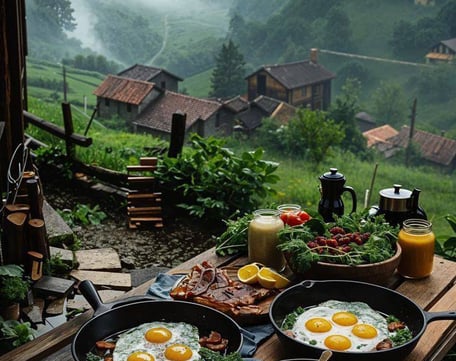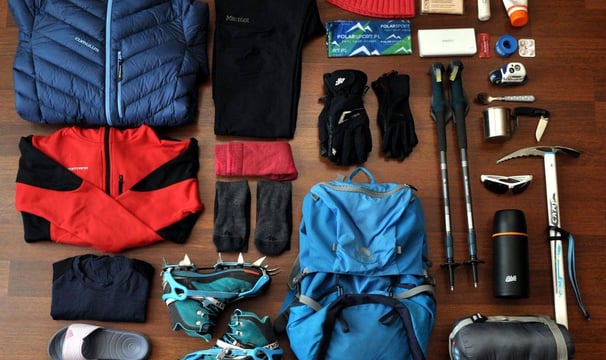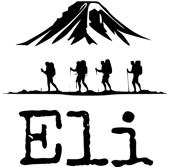
Expenses. How much does it cost?
Briefly and concisely: Your local expenses for a Kilimanjaro expedition will be approximately 1.5-2 thousand USD, depending on the route chosen and the length (time) of the trek.
This is if you bypass the travel agency's mediation and opt for the direct services of a guide (Eli). An agency can charge twice as much as their margin, practically adding no value.
The mentioned amount includes the following items from 1 to 5 (including VAT). This constitutes the total full compensation you will pay Eli for your expedition.
Included in the price:
Guide services: Hiring an experienced guide is mandatory. You cannot enter Kilimanjaro National Park without a guide.
National park fees: Every climber must pay for a ticket to Kilimanjaro National Park (fun fact: a foreign tourist pays significantly more than a Tanzanian citizen...). This fee depends on the route and number of trekking days. Camp fees on the trail (i.e., like for a campsite or camping) must also be considered.
Support staff: You will be accompanied by porters and a cook on the expedition.
Transportation: Transportation costs to/from the airport and to the starting point of the trek must also be included in your expenses. It's usually several dozen kilometers (an hour's drive) each way.
Meals: Meals are included in the trekking price. During the expedition, there will be a cook in your group responsible for preparing breakfast, lunch, and dinner daily. Porters will carry all the food and water needed for the duration of the climb on their backs


Not included in the price:
Fun fact: For an individual expedition, you can expect three porters and a cook (and, of course, a guide) to accompany you. For multi-person expeditions, there will be proportionally more. This is also dictated by legal regulations, e.g., for three tourists, the company of two guides is already mandatory.
Equipment: Also, consider that you may need to replenish or refresh your equipment (clothing, footwear, backpack, etc.). If you don't have your own equipment, you can rent the missing gear on-site (from the guide), but not everything, e.g., mountain boots are not rented. It's better to gather everything in Poland. Suitable equipment may simply not be available on-site in Moshi town, or it will be very expensive.
Medical preparations: Include the costs of potential vaccinations or altitude sickness medications, as well as travel insurance. For complete peace of mind, ensure that the insurance covers rescue with helicopter involvement (which is not standard or obvious), and also... the transport of remains to the country. Although rare, injuries such as a broken leg and even the unfortunate matter of death on the trail do occur (we are talking about about 30 cases per year, which is one in a thousand of about 30,000 tourists who go on the trails each year).
Accommodation: Add hotel stays before and after the climb, depending on your needs and travel plans. A hotel night in Moshi (the town most often chosen as a base for Kilimanjaro) costs about 250-300 PLN (double room in a 3-star hotel).
Flight: An example flight on the route Nowy Dwór Mazowiecki—Kilimanjaro costs around 4-6 thousand PLN round trip (note that there can be large seasonal price fluctuations; it's worth looking for deals and promotions).


